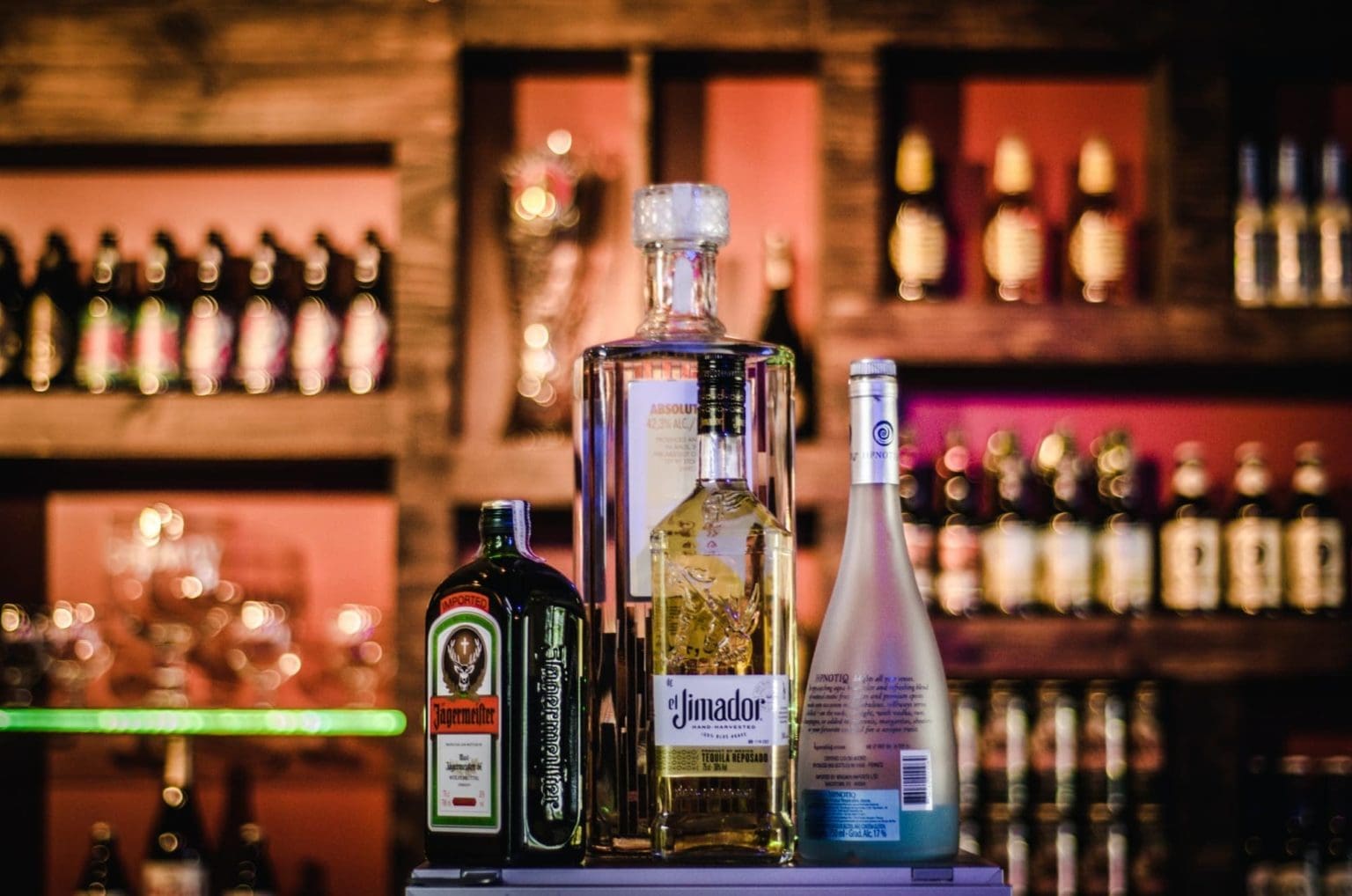South African signatories have called for the South African government to implement five urgent and effective measures to curb the abuse of alcohol.
In his speech to the nation on Wednesday 17 June 2020, President Ramaphosa stated that “we will also need to look at further, more drastic measures to curb the abuse of alcohol”.
“We now call on the government to draw on the best international evidence, follow the advice of the World Health Organisation and implement those measures which have been shown to be effective in other countries,” said the signatories.
These measures are to:
- Ban advertising of alcohol (except on the site of sale, where it should not be visible to those under 18 years).
- Increase the price of alcohol, both through excise taxes and by introducing a minimum price per unit of pure alcohol in liquor products.
- Reduce the legal limit for drinking and driving to a blood alcohol content of 0.02% or below.
- Reduce the availability of alcohol, especially in residential areas (by limiting the density of liquor outlets, shorter trading hours, and ending the sale of alcohol in larger containers like 1 litre bottles of beer).
- Intensify the availability of counselling and medically assisted treatment for persons struggling with dependence.
The extent of alcohol abuse and its link with violent crime is without equal in Africa and should be a source of deep shame to all South Africans.
“There is a dire need to protect women and children from alcohol-associated harm”, says Dr Glenda Gray, President of the South African Medical Research Council.
This view is shared by all signatories below.
“It is now time to put the rights of women and children first – those who are, or will become victims of harmful use of alcohol, and there is global evidence of what needs to be done now,” says Dr David Harrison, CEO of the DG Murray Trust.
“While social drinkers may feel that price increases and other restrictions are unfair on them, it is time to face up to what ‘unfair’ really means for women and children. We reiterate the President’s view that if we don’t act, we are all complicit in these crimes.”
Although only a third of adult South Africans drink alcohol, 60% of those who drink, binge-drink (more than 5.4 standard drinks per day). Binge-drinking is strongly associated with interpersonal violence, motor vehicle accidents and risk-taking behaviour.
The measures described above have been shown to significantly reduce the societal harm of alcohol. The World Health Organisation and comparative studies across the world have shown that banning advertising, limiting consumption through higher prices and reducing the legal drink-driving limits and the availability of alcohol are all highly cost-effective measures.
These measures must be supported by other interventions shown to be effective, including raising the legal drinking age to nineteen years and enforcement of public drinking by-laws.
Furthermore, we need to ensure that product tracking and tracing is in place to close the supply routes to illegal vendors. These provisions are included in the Draft Liquor Amendment Bill. We call on the government to proceed with the implementation of this Bill and other stalled legislation aimed at reducing alcohol harm such as the Control of Marketing of Alcoholic Beverages Bill.
Signatories
- Prof Glenda Gray, President
- Prof Charles Parry
South African Medical Research Council
- Prof Richard Matzopoulos,
South African Medical Research Council and UCT School of Public Health
- Prof Lukas Muntingh
- Dr Laurine Platzky
- Ms Undere Deglon
- Ms Lizanne Venter
Members of the Board of the Western Cape Liquor Authority
- Dr David Harrison, CEO
- Ms Carol-Ann Foulis
- DG Murray Trust
